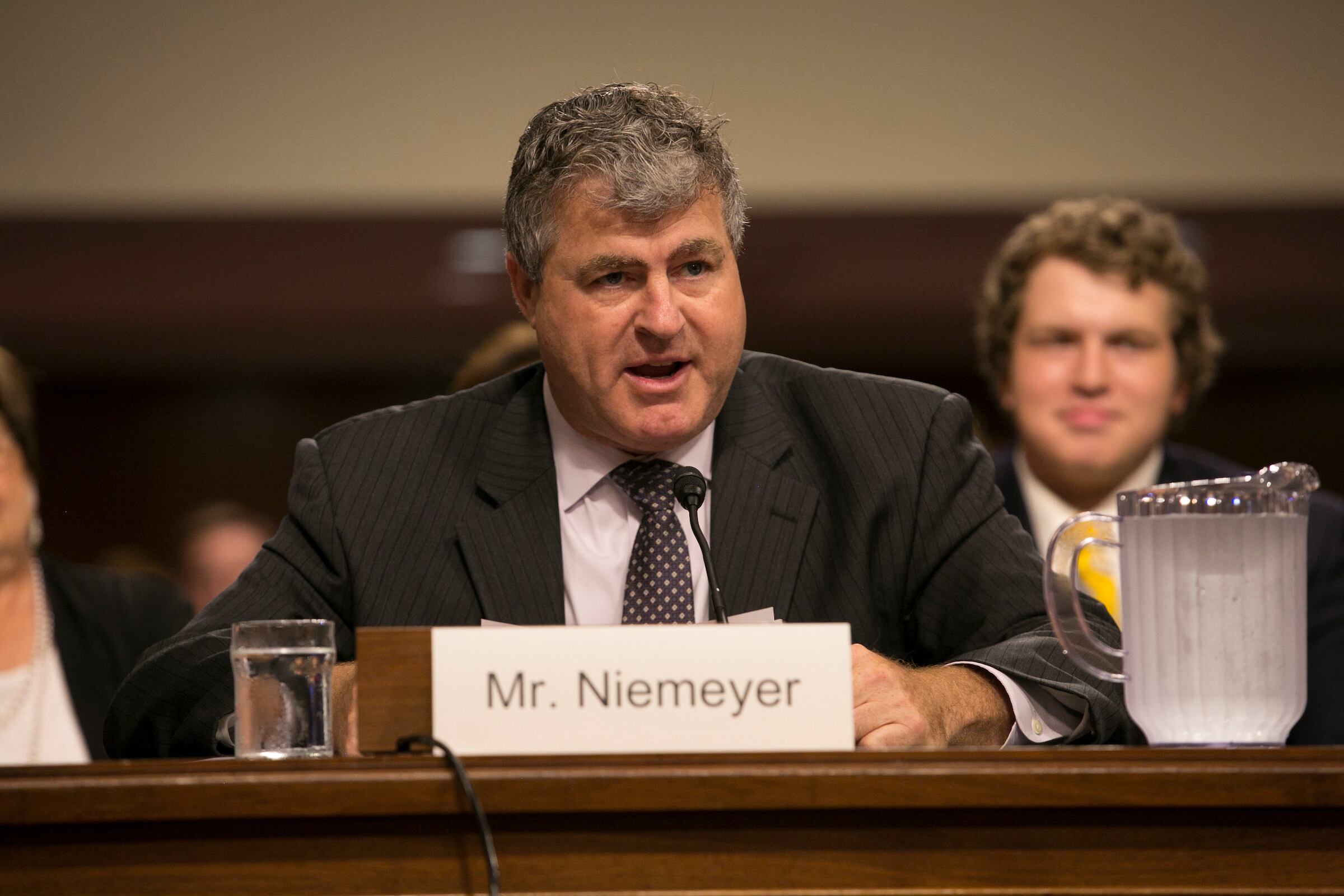WASHINGTON — After years of arguing that a new round of base closures is needed to save the Pentagon money, the department has a new strategy —but members of Congress are already expressing skepticism.
In a November interview, Lucian Niemeyer, assistant secretary of defense for energy, installations and environment, said lawmakers felt the messaging for a new round of the base realignment and closure process, or BRAC, from the department “wasn’t compelling enough” and said his team has “done some re-messaging a little bit.”
The Pentagon estimates that a new BRAC could close about 22 percent excess capacity for an annual savings of $2 billion or more by 2027. But members of Congress have openly expressed skepticism about that figure, particularly in light of the 2005 BRAC process that saw significantly higher costs than expected.
Niemeyer, a longtime Capitol Hill staffer, noted he has a history with BRAC and understood how the Pentagon’s dollar argument was a non-starter on the Hill. As a result, the department will now focus on the idea that a new BRAC furthers the Trump administration’s new National Security Strategy.
“An authorization for the ability to realign and close bases gives that flexibility that we can then best align our forces and station our forces to maximize lethality,” Niemeyer explained. “The goal here is to [increase] lethality stateside to go ahead and be able to deter our adversaries from acting around the world.”
“We believe there are, ultimately, billions out there we could save annually, but just as compelling is the ability to make our forces more lethal by where they train, how they train, where they are co-located,” Niemeyer said. “It’s all about location, location, location.”
RELATED

While Niemeyer remains committed to finding a way to lower excess infrastructure, the chances of a new BRAC round seem slim.
Sen. Jim Inhofe, chairman of the Senate Armed Services Committee’s Readiness and Management Support Subcommittee, which has jurisdiction over base closures, said he saw no way a BRAC would not be prohibitively expensive in the first three years of the process, money he would rather see go to readiness and modernization.
“We absolutely have to have every dollar right now for survival,” said Inhofe, R-Okla. “It’s not that I have five installations in Oklahoma I’m trying to protect. Now, we’re in a crisis; now’s not the time to do this.”
Asked specifically about BRAC as a strategic benefit, Inhofe said that doesn’t require changes to installations “that would otherwise be shut down or diminished. It’s easier to move into those than to build new ones.”
Because of that, Inhofe expressed doubt BRAC could happen “in spite of what they say in trying to change their losing strategy.”
On the flip side, the subcommittee’s ranking member, Sen. Tim Kaine, D-Va., waved away the new argument because he believes in reaping savings from base closures ― just done a different way because BRAC is “not proven to be a money saver.”
“I don’t have an objection to rationalizing and shrinking space. I have an objection to the way they do the BRAC process,” Kaine said. “It’s clear: If you spend money on real estate, building, maintenance you don’t need, that’s coming out of things that are more important.”
Instead Kaine invited the Pentagon to place potential base closures directly in lawmakers’ hands. “They give us recommendations about everything else,” he said. “Why not just give us your recommendation on that?”
The Pentagon in the past has considered options for closing bases without going through a formal BRAC process, something it has limited authorities to do.
However, Inhofe preemptively warned against the department going down that route.
“You’d be trying to accomplish the same thing, but just renaming it,” he said.
Aaron Mehta was deputy editor and senior Pentagon correspondent for Defense News, covering policy, strategy and acquisition at the highest levels of the Defense Department and its international partners.
Joe Gould was the senior Pentagon reporter for Defense News, covering the intersection of national security policy, politics and the defense industry. He had previously served as Congress reporter.








